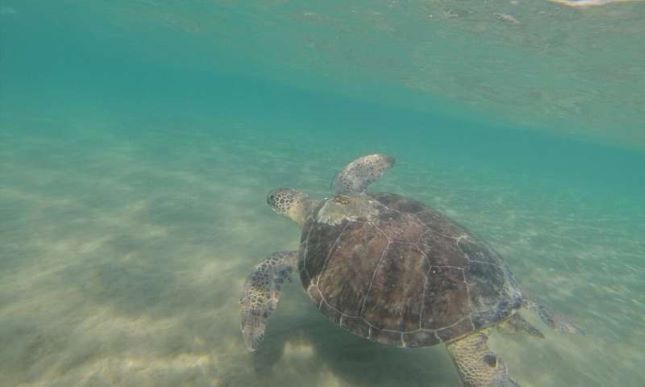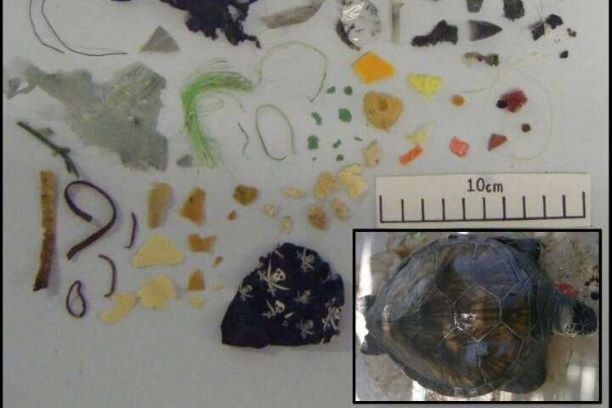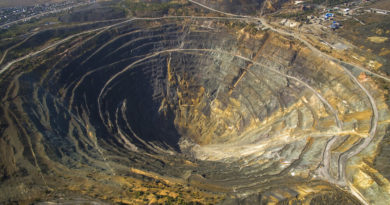Green Turtles Confusing Plastic for Food Says Research
Creating not just the problem for human on land, but the harmless aquatic animals like Green turtles are facing the problem raised by plastic.
 Green turtle swimming off Cyprus Credit: Emily Duncan
Green turtle swimming off Cyprus Credit: Emily Duncan
The green turtles which are poster animals for the azure oceans and clean pristine waters have been found to be eating plastic confusing them with food.
The most common is the green and black colored plastic that resembles planktons and seagrass, which the turtles eat. This means the green and black straws are consumed as compared to other colored or differently shaped and colored plastic debris.
A study was conducted by the scientists from the University of Exeter and the Society for the Protection of Turtles (Cyprus) who examined the guts of turtles found washed up on beaches in Cyprus.
Plastic was found in all turtles whose full gastrointestinal tract was examined, with one found to contain 183 pieces. The study could not determine what, if any, role the plastic had in the turtles’ deaths. Most had likely died as a result of interaction with fishing nets.

“Previous research has suggested leatherback turtles eat plastic that resembles their jellyfish prey, and we wanted to know whether a similar thing might be happening with green turtles,” said Dr. Emily Duncan, of the University of Exeter said in a statement.
“Sea turtles are primarily visual predators—able to choose foods by size and shape—and in this study we found strong evidence that green turtles favour plastic of certain sizes, shapes and colours.
The sad part of the study was that the infant green turtles were found to have more plastic as compared to the adults. The results point to the inexperience of the smaller turtles as well as maybe the increase of plastic debris or microplastic that would have confused the young ones.
“It’s important to know what kinds of plastic might be a particular problem, as well as highlighting issues that can help motivate people to continue to work on reducing overall plastic consumption and pollution,” said Professor Brendan Godley, who leads the Exeter Marine research strategy.
The findings were published in the scientific reports.




